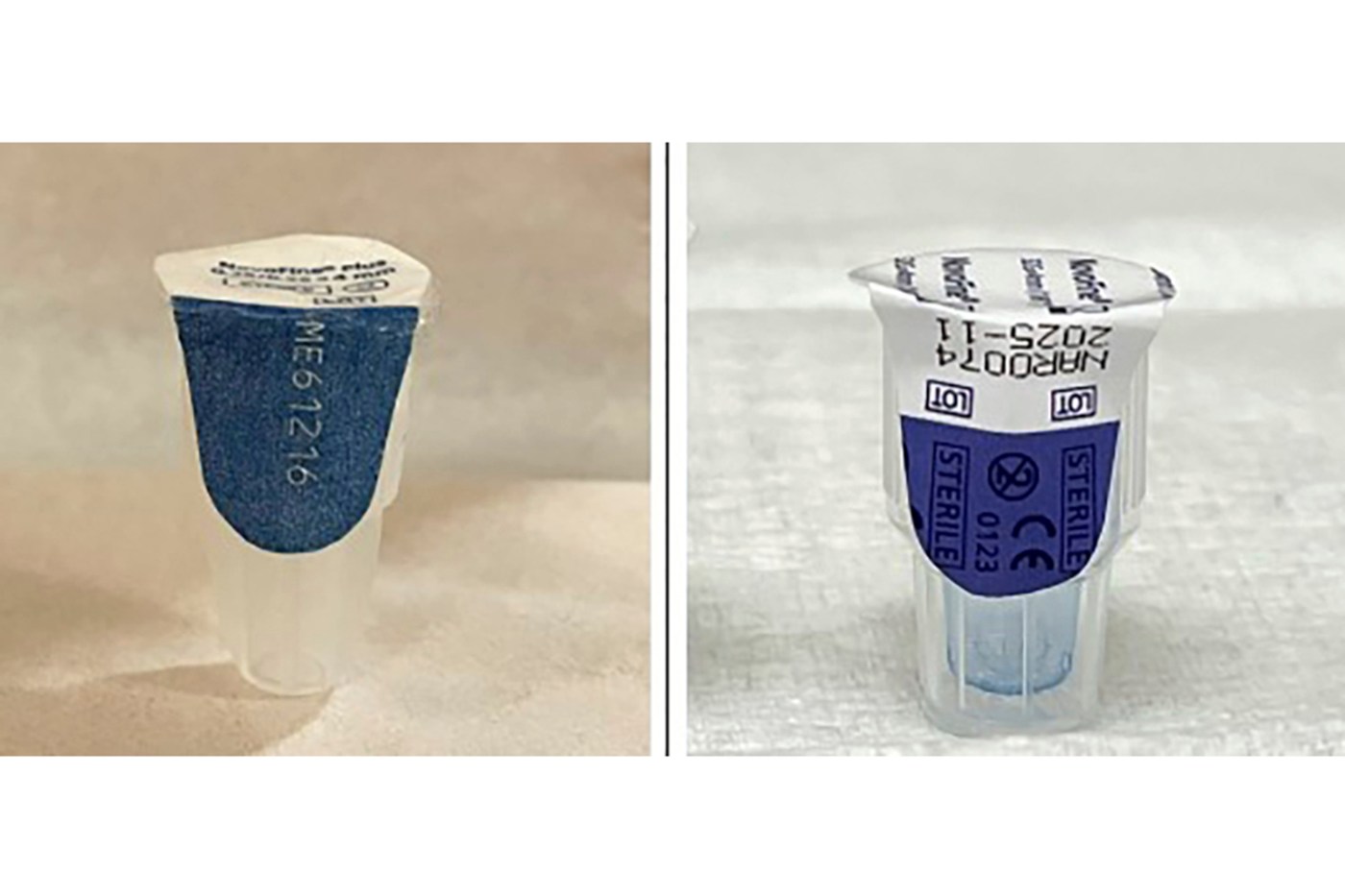
Reher: Counterfeit weight-loss drug crisis looms
Millions of Americans rely on a new class of medications to manage chronic conditions like diabetes and obesity, with remarkable results. They trust these treatments are safe and effective, as they should when filling FDA-approved prescriptions at neighborhood pharmacies.
However, a dangerous trend has emerged. As demand for diabetes and obesity medicines has surged, a variety of threats to patients have surfaced: counterfeit lookalikes and versions that are either illegal or, in some cases, well-intentioned but poorly compounded.
Based on my experience as a chief pharmacy officer and former Oregon Board of Pharmacy president, I find the rise in these threats unprecedented and deeply alarming.
We must confront this crisis before it escalates into a public health emergency. While the Food and Drug Administration recently declared the end of the shortage for one of the leading ingredients, tirzepatide, others remain on the official shortage list. The trade association for compounders was recently on Capitol Hill asking for greater regulatory flexibility.
You’re likely familiar with diabetes and obesity injectables. From clinical successes to celebrity endorsements, these medications are household names.
To be clear, I’m not worried about legitimate pharmacists and compounders who practice in the spirit of the profession. They provide a valuable lifeline when there’s a shortage or a unique patient need. The dark side needs more attention and scrutiny.
Bad actors are using online ads, social media and bootleg ingredients to sell fake, inaccurate and harmful versions of these drugs, nearly indistinguishable from the real thing. The demand for weight-loss medications has enabled criminals to prey on desperate patients, offering what appear to be reliable alternatives to brand-name medications and authentic prescriptions from physicians.
A recent study in JAMA Network Open revealed nearly half of online pharmacies selling the injectables do so illegally, often re-labeling insulin pens to look like weight-loss drugs. The FDA has warned of compounded versions made with incorrect substances that have not been reviewed for effectiveness or safety. .
While drug compounding is legal and essential for emergency or individual medical needs, most people don’t realize that primarily state boards, not the FDA, regulate and inspect most compounding pharmacies. State boards do excellent work, but they lack federal agency resources.
Consumers also have long struggled to identify illegal online pharmacies and are unlikely able to identify adequately licensed compounders from those with problematic inspection records. This has become increasingly clear with the rise in weight-loss injectables. The consequences are frightening.
Patients have reported life-threatening side effects, including mini-strokes, after taking counterfeit lookalike versions. The FDA has issued several warnings.
It is hoped that the end of the tirzepatide shortage means more patients could soon have easier access to the brand-name versions that the FDA says should always be the first choice.
Penny Reher is a former president of the Oregon Board of Pharmacy./InsideSources

